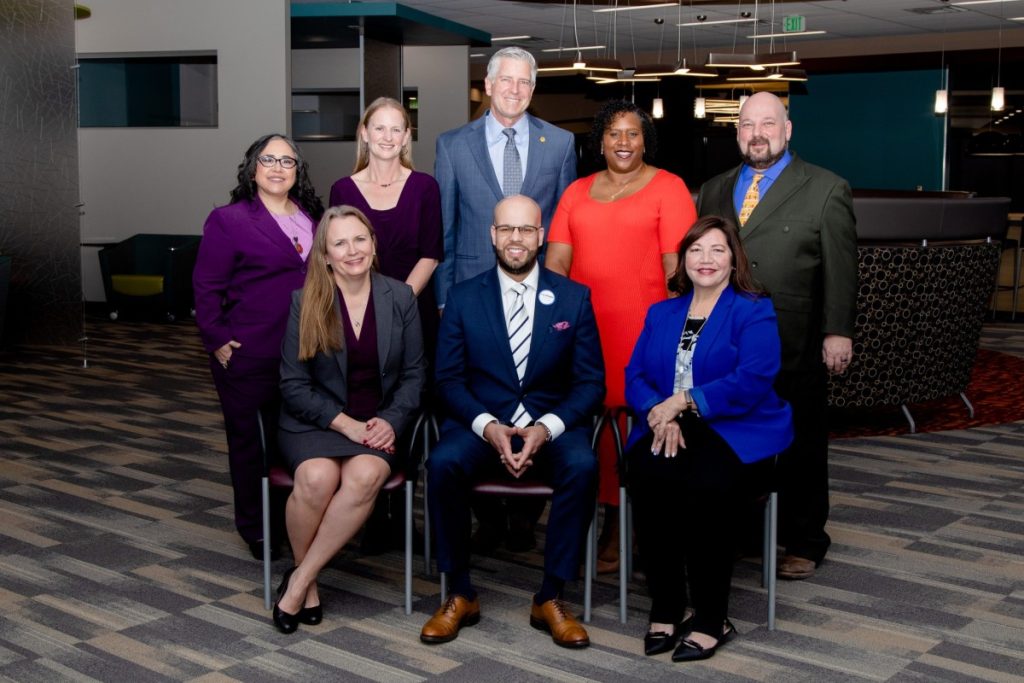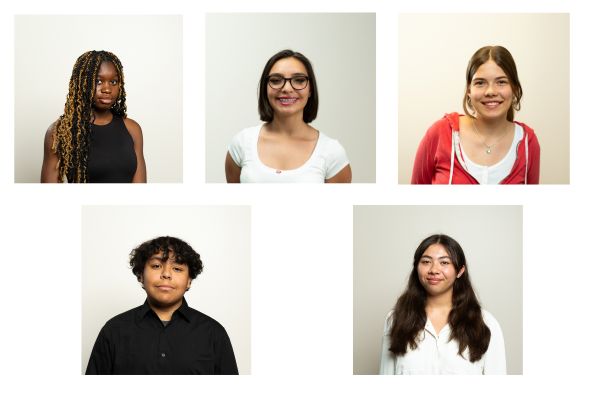In the year since three new members won election to the Denver school board, focus has shifted away from the interpersonal drama and histrionic board-member behavior that dominated headlines for the previous two years.
Meetings are now models of decorum. Board members address each other politely and don’t hurl accusations of racism, misogyny, and ill-intent at one another. All seven members seem to be making concerted efforts to get along. When they disagree, they do so respectfully.
All that is well and good. But what, if anything of substance has changed since the new board members took office last December? Is the district in a better place by any measure that matters?
The honest answer is: not really. It’s hard to lay blame at the new board members’ feet. They, after all, still constitute a 3-4 minority on the board, and cannot move policy in a different direction without at least one more veteran board member voting with them. Many of us hoped that might be term-limited President Carrie Olson. But that hasn’t happened, and shows no sign of happening.
“I know some community members are frustrated. They feel like we are not making changes fast enough,” Kimberleee Sia, one of the three new board members, told me. “What I’ve learned in the last year is that it’s not that easy. It has taken time to learn and navigate the system. Entering year two, I’m optimistic about making more progress.”
This reality has led to some grumbling among Denverites who follow Denver Public Schools politics closely. I’ve spoken with more than a handful of people who want to see the new board members be more assertive; to disagree openly and forcefully with their colleagues and district staff when warranted.
That’s probably a pipe dream, given the temperaments of these three board members, as well as the political reality they live in. So people who feel frustrated will have to live with their frustration until the election next November, when the composition of the board will change. Olson can’t run again and the three other members of the old guard — Scott Esserman, Michelle Quattlebaum, and Xóchitl Gaytán — will be up for reelection.
It will be especially important to watch the December debate over measures to be included in next year’s evaluation of Superintendent Alex Marrero. Will the absurdly flabby measures upon which he was judged this year (pushed through last December by the old guard) be firmed up? Improving proficiency rates by one percentage-point across the board just won’t cut it.
Sia managed to pull debate over next year’s evaluation measures off October’s agenda and push it back two months. DPS hoped next year’s criteria would be rubber-stamped while people were distracted by the school closure debate and bond election. If that had happened, next year’s evaluation would have looked like the current one, with little weight given to student learning.
That could still happen, but at least the new board members now have a chance to make their case in public for a stiffer evaluation, focused more on whether students are making progress than on the extraneous measures that currently dominate the evaluation criteria.
Reading Marrero’s current evaluation, there are oblique criticisms at least implied in sections of the narrative. But they failed to capture public attention, in part because local education reporters ignored them, in part because they are so delicately worded.
For example: “Due to not meeting the academic outcomes goals, we would like Dr. Marrero to identify student learning goals that will represent this need for disrupting our current plans and systems to produce significant improvements in the development of academic skills and abilities with our students, through the grade levels and through our disaggregated groups.”
It would have been clearer to say: “Under Dr. Marrero’s leadership, the district has failed to make anything approaching acceptable academic progress. Going forward, we expect much stronger results and next year’s evaluation criteria should reflect that expectation.”
Board members missed an opportunity to highlight these issues when they voted to accept Marrero’s evaluation at the October business meeting. The only board member who spoke before the vote was Olson, who caused eye-rolling across the city by praising Marrero’s to the skies, with nary a hint that everything isn’t perfect in DPS-land.
Perhaps board members with dissenting viewpoints were worried about sounding discordant notes with the $1 billion bond election just days away. Or perhaps their thoughts were distracted by the looming vote on school closures. (They held painful meetings with affected school communities all last week while Marrero was hobnobbing at a week-long conference in Helsinki, Finland – another sterling example of his leadership).
Whatever the reason, it came across as dispiriting deference to an unacceptable status quo.
Other issues in the coming months might convince board members to speak up more forcefully. There is ongoing frustration at how slow staff is to provide requested information to board members in a timely fashion on issues like student mental health needs and how DPS is addressing them.
There are also upcoming negotiations with the Denver Classroom Teachers Association. They are likely to be contentious because union leadership and rank-and-file are furious at the district for reneging on promised, generous cost-of-living increases. How will board members handle the pressure they’re sure to feel?
I remain hopeful that this board can begin to steer DPS in a better direction than where it has been heading the past few years. I look forward to having my optimism rewarded in the coming months.




